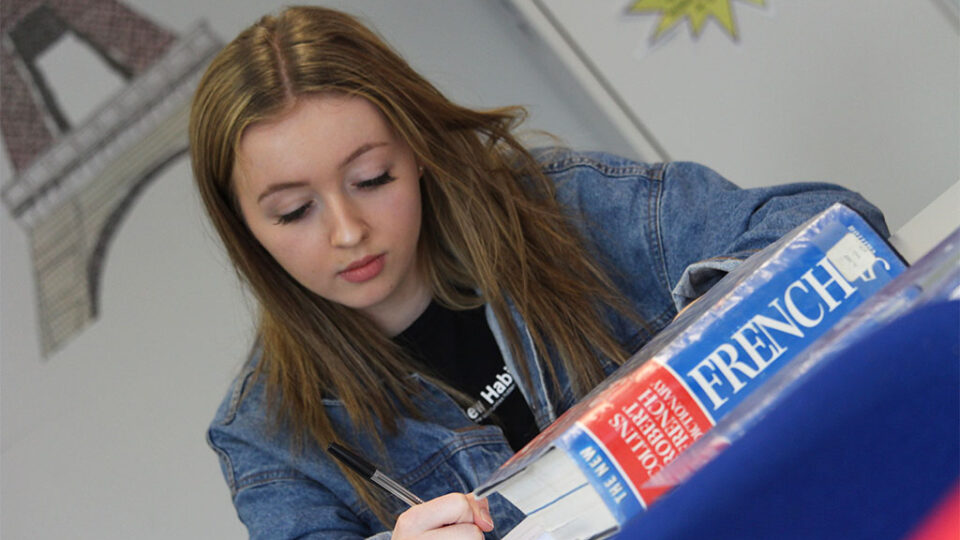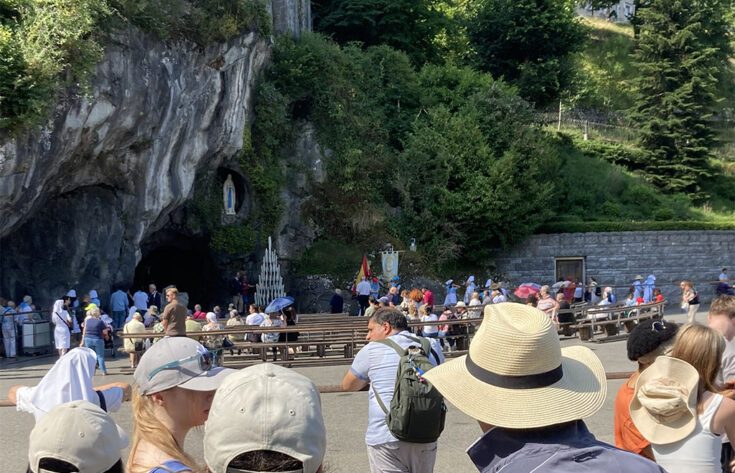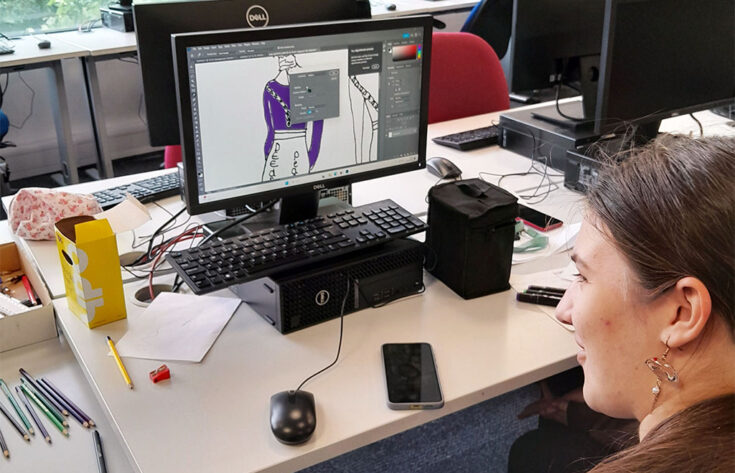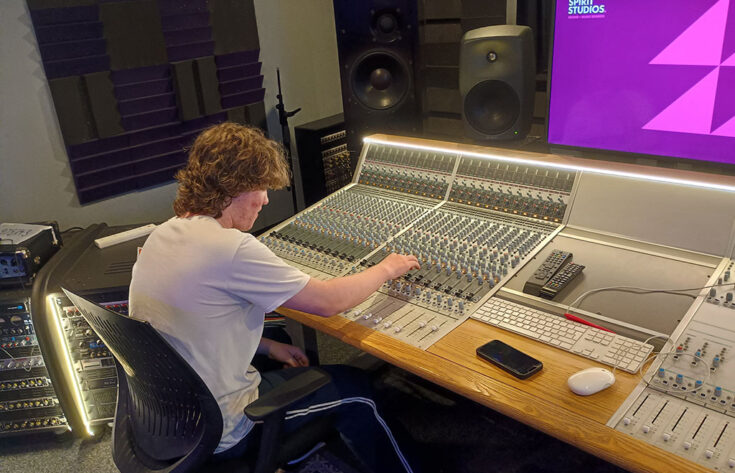Japanese
In year one students learn the basics of Japanese reading, writing and grammar to enable them to manage various practical situations such as ordering in restaurants, booking a hotel, etc.
This will take students approximately half way through the Japanese GCSE syllabus. There are six assessments over the year, successful completion of these will achieve an Aquinas Certificate of Level 1 Japanese. There are no specific entry requirements but it is expected to be taken alongside 3 A levels/BTECs and not as part of a Level 2 course.
In year two students work through the remainder of the GCSE syllabus. To move into year two students should either have passed all the assessments from the Preparation for Japanese GCSE course OR have done equivalent study in some other form (to be demonstrated in an initial assessment). This course is assessed with a final exam with four papers; Speaking; Listening; Reading and Writing.
In year one there are six areas of study:
Introducing Oneself – spoken assessment
Talking about daily life – listening assessment
Shopping – reading assessment
At a restaurant – role play assessment
Booking a Hotel – written assessment
Buying a train ticket – reading and written response assessment
Japanese GCSE is a QCA recognised qualification that will develop learners’ 4 skills of speaking, listening, reading and writing.
The GCSE course is organised into 5 themes:
This QCA recognised qualification will develop learners’ 4 skills of speaking, listening, reading and writing.
The GCSE course is organised into 5 themes:
- 1. Identity and Culture (yourself, your town, festivals in Japan and in your country, family etc)
- 2. Local area, holiday and travel
- 3. School
- 4. Future aspirations, work and study
- 5. International and global dimension (international events and environmental issues)
As well as your lessons with your teacher, you will have a timetabled workshop each week in smaller groups to focus on speaking and listening.
At the end of the course you will take four exams, which will test your listening, reading, writing, translation and speaking skills.
Knowledge of a language as distinctive and different as Japanese will make you stand out over people who can only speak one. It will make students more employable. The service industries, business, manufacturing, banking, finance, law, journalism need people who can speak more than one language.
Each year some students go on to study Japanese at university. Others have been able to access a year abroad in Japan as part of a degree in another subject or gone on to work in Japan as graduates.
Students go on a class trip to a Japan Cultural Festival at the University of Lancashire to experience various traditional and modern aspects of Japanese culture









